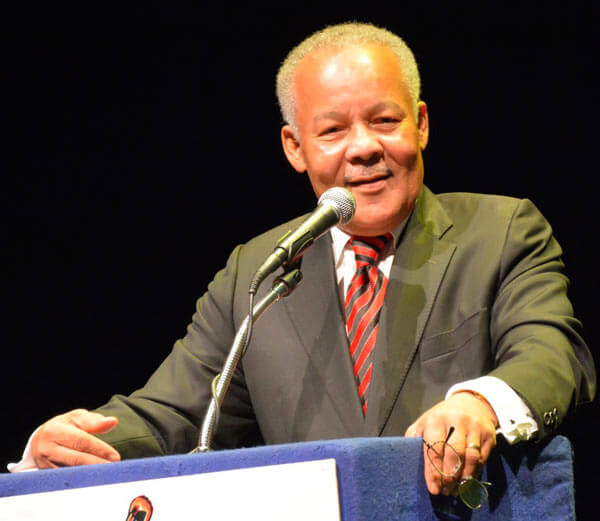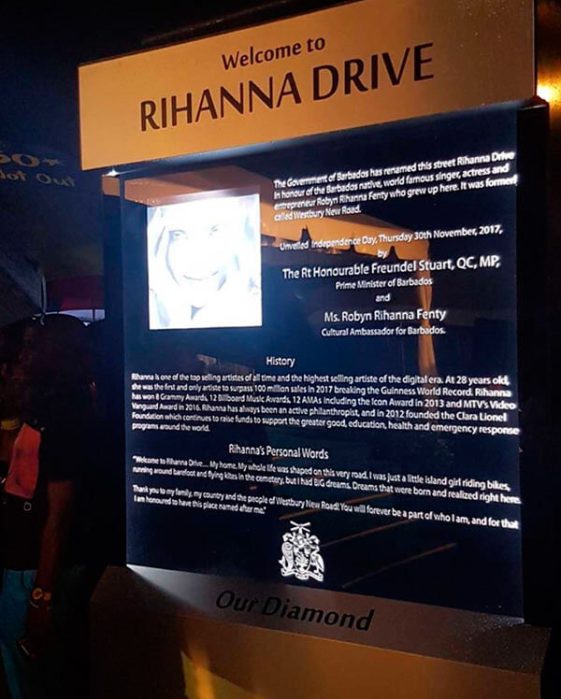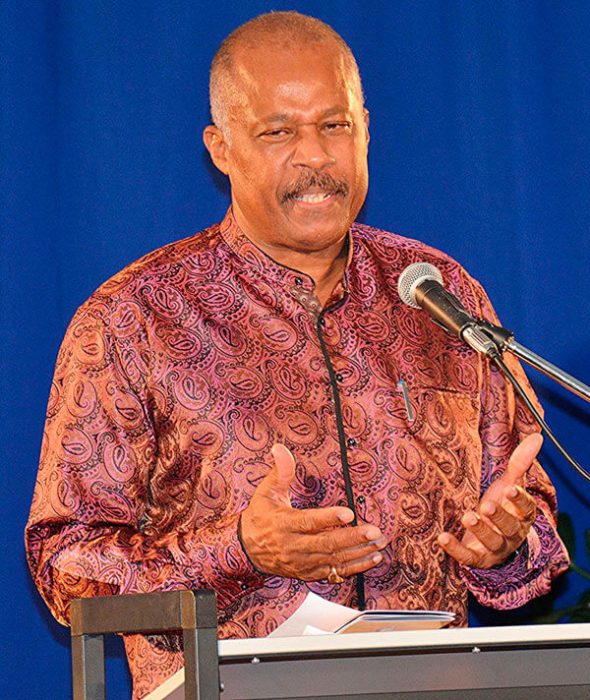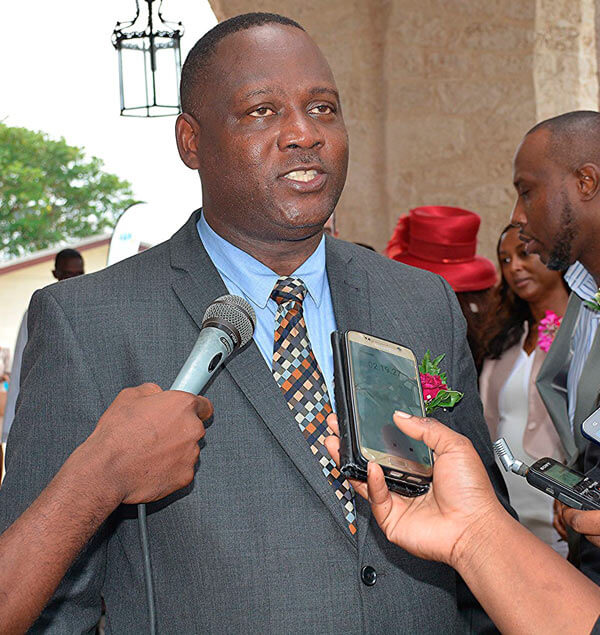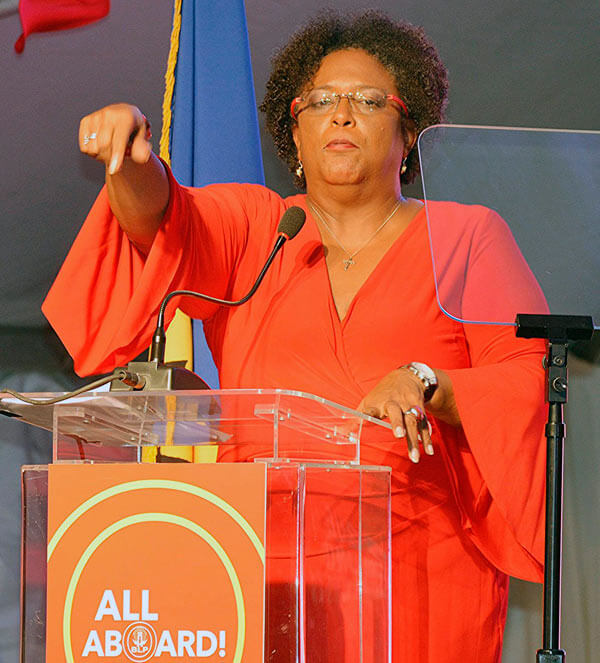All persons living and doing business in Barbados have, begun operating with a dollar that has been unofficially devalued as of Sept. 01.
This is owed to a government decision in its last budget to affix a two percent fee on all transactions involving the use of foreign currency, which covers the gamut of activities from purchases of items outside of Barbados and simple remittances to relatives or friends.
Finance Minister Chris Sinckler had said in his June 30 budget proposal which Parliament passed days later, “in an effort to signal the need to reduce the demand for consumption goods I propose that, effective July 1, a broad-based foreign exchange commission be charged on all sales of foreign currency at a rate of two percent. This will extend to, inter alia, all wire transfers, credit card transactions, and over the counter sale of foreign currencies.”
This means that that anyone on the island seeking to use credit, debit and travel cards for international transactions or purchasing foreign cash, bank drafts and wire transfers will have to pay a tax of two percent on the Barbados dollar value of the transaction
Government began applying this tax on cash, bank drafts and wire transfers since mid-July, but had delayed implementation on credit, debit and travel cards transactions to Sept. 01 because commercial banks needed time to adjust their accounting software.
A further disadvantage to users of Barbados dollars for foreign transactions is that there is no reciprocal arrangement because whenever they receive payment in currency from abroad the foreign money is still exchanged at the equivalent of Bds$1 to .50 US cents.
In a clarifying statement earlier this week the Barbados Central Bank stated, “the Foreign Exchange Fee is applicable to purchases made while overseas, as well as to items purchased from companies outside of Barbados, e.g. Amazon… the fee will be calculated on the Barbados value of the transaction using the exchange rate on the date that the transaction was processed, not on the date that the bill is paid and will be applied even if customers choose to be billed in Barbados dollars.”
Former prime minster and noted regional economist, Owen Arthur, had said during parliamentary debate on this measure in the budget, that it “is effectively changing the price at which Barbados uses domestic currency to pay for foreign currency and making it necessary for Barbadians to use more domestic currency for foreign exchange. So that is a devaluation.”
The thought of devaluation of the Barbados dollar triggers torment in the minds of Barbadians who cherish the fact that since 1975 their currency has held its trading value symbolizing the nation’s economic strength even amidst cyclical challenges.
But now having to pay Bds$102 for every 50 US cents of foreign currency spent means nothing else than that the dollar has diminished in value.


